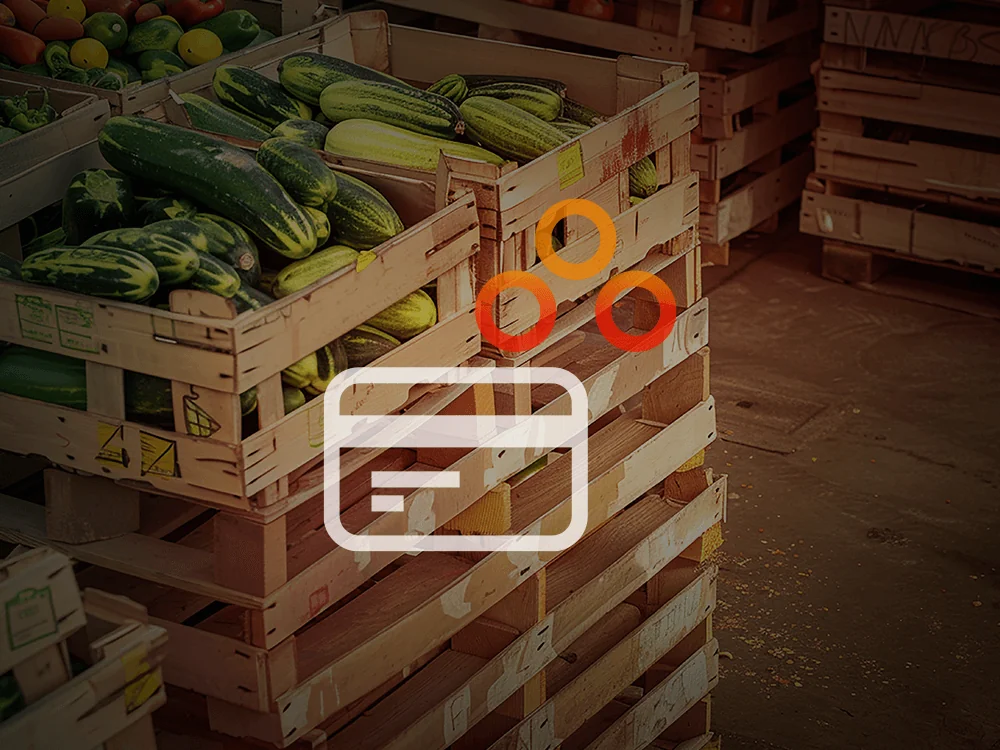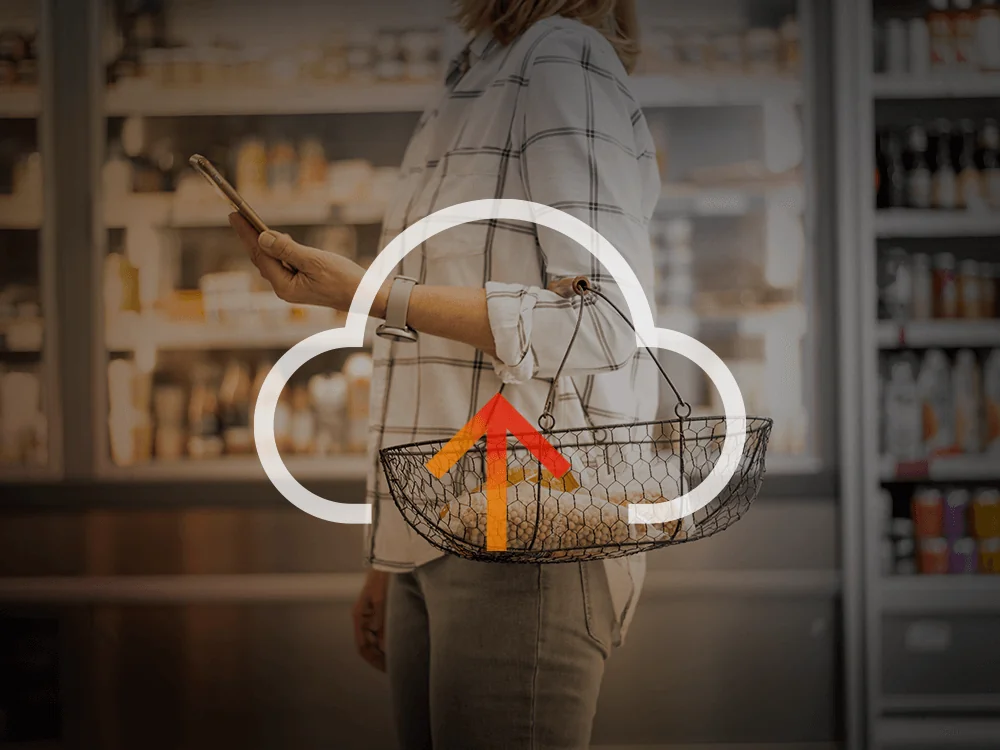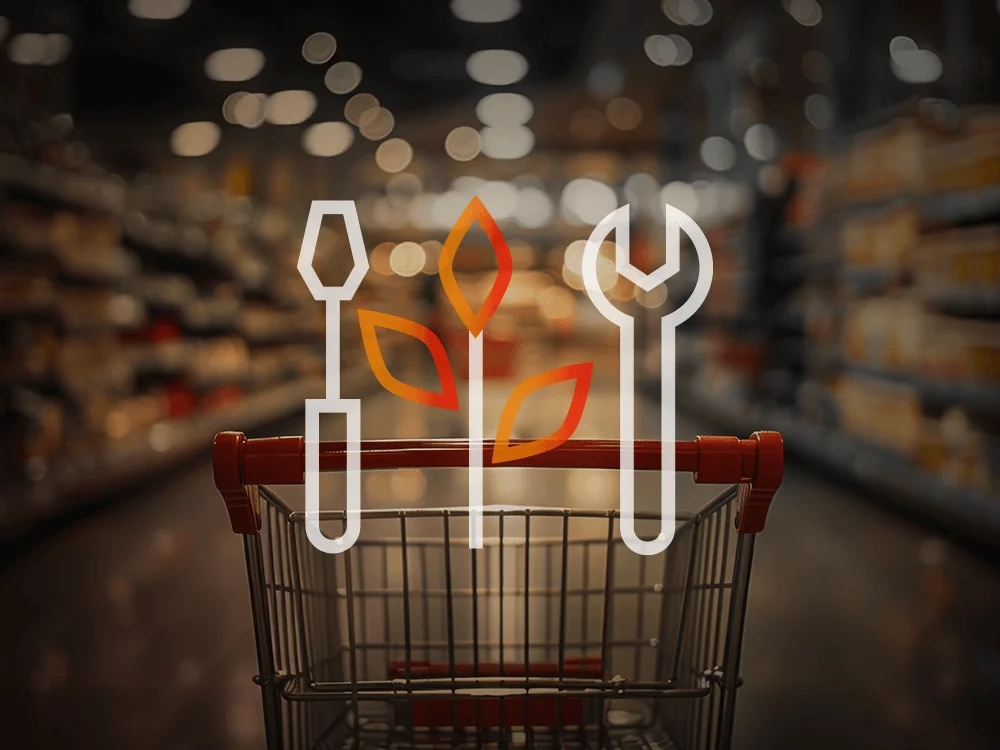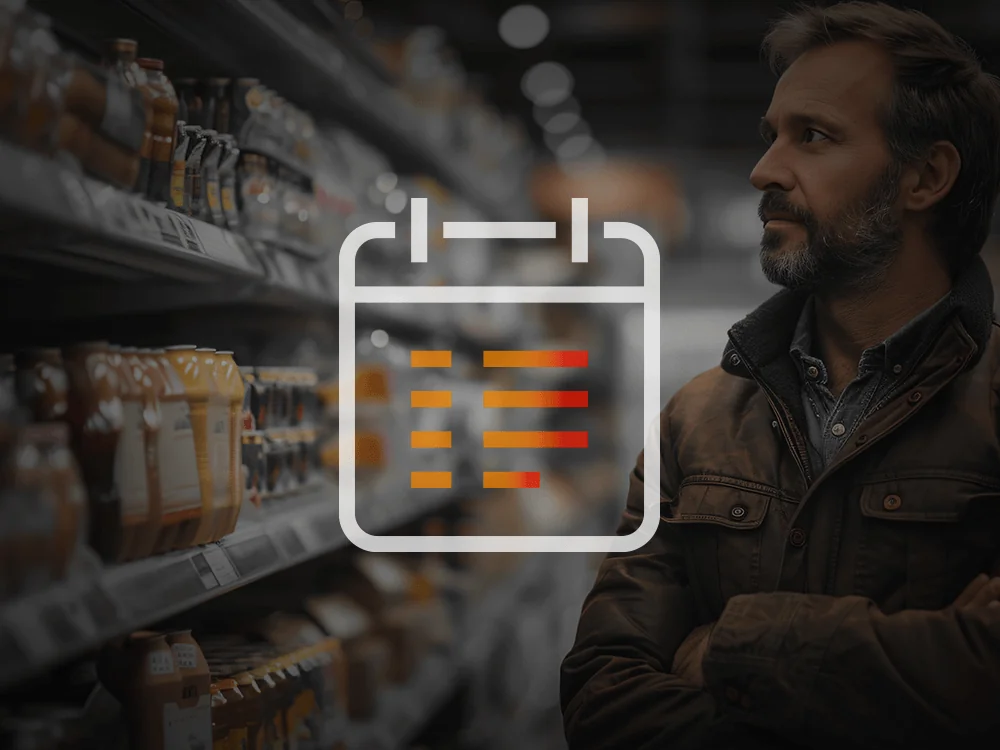Rising production costs
One of the challenges that companies in the consumer goods sector are currently facing is the increasing costs of production. In order to avoid a decline in demand as a result of passing on costs to consumers, many companies choose to reduce their profit margins and risk a drop in profitability. Additionally, high inflation negatively affects the purchasing power of customers and the investment decisions of companies. Under conditions of economic uncertainty, long-term planning is associated with many difficulties. In order to remain competitive, companies from the consumer goods sector must improve operational efficiency and implement innovative solutions.
Mergers and acquisitions in the consumer goods sector
While mergers and acquisitions offer numerous benefits, their smooth execution is a challenge for consumer goods companies. The high cost of integration makes these processes a significant drain on their budgets. Ensuring consistency in terms of organizational culture, systems, and operations is time-consuming and complex. Efficient human resources management, transparent communication, and standardization of business processes are necessary to avoid difficulties.
Variability in the supply chain
Geopolitical turmoil and climate change disrupt the supply of raw materials and components, affecting the ability of consumer goods companies to deliver products on time. Logistical issues also contribute to longer order fulfillment times. The situation is further complicated by fluctuations in transportation and raw material costs, as well as changes in demand due to changing trends and customer preferences. To meet these challenges, consumer goods companies need effective risk management strategies, flexibility, and the ability to adapt quickly to changing market conditions.
New business models
The shift toward new business models makes it easier for consumer products companies to adapt to customer expectations and market trends. These organizations are investing in modern technology and embarking on a digital transformation journey to remain competitive, increase customer loyalty, and improve operational efficiency. The ability to innovate quickly is the path to market advantage. However, implementing advanced solutions comes at a high cost and often requires a change in organizational culture and operational processes.
Towards sustainable development
Customer expectations are not only about product quality and personalized offerings, but also sustainable operations. Growing environmental awareness is forcing consumer goods companies to increase transparency and adopt green practices. However, implementing them throughout the supply chain requires collaboration with suppliers and partners. What is more, investments in sustainable technologies are costly, and new environmental regulations are forcing consumer goods companies to adapt to new standards.












